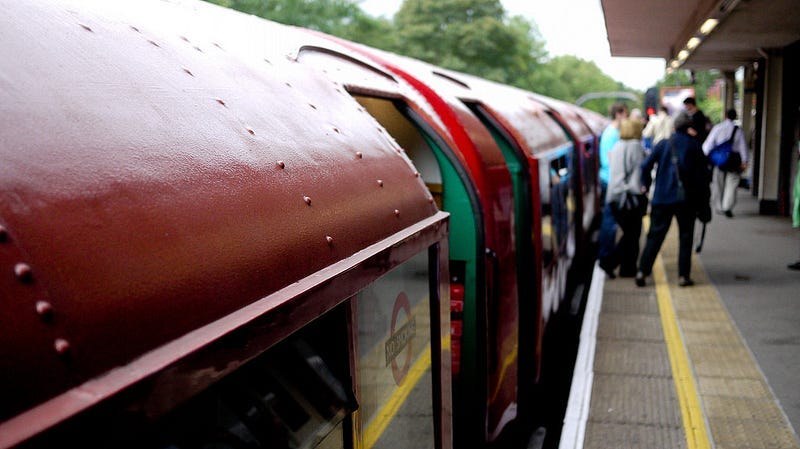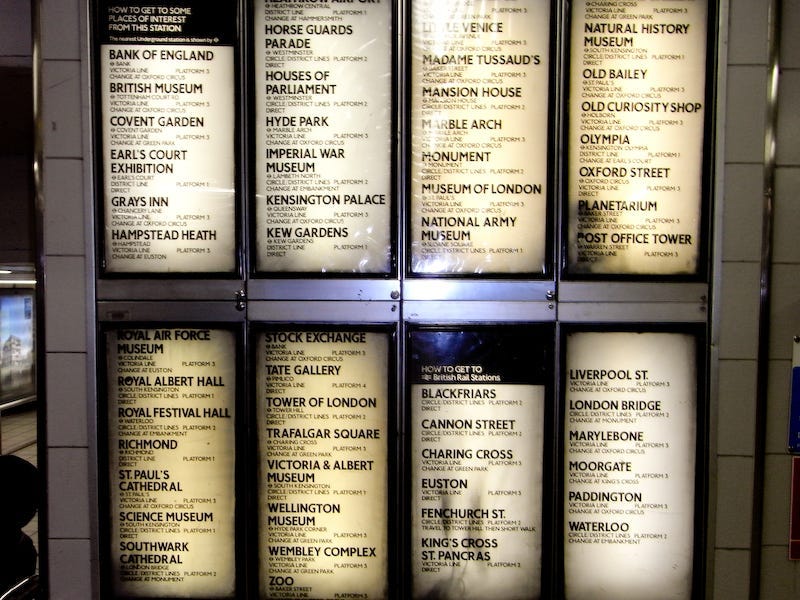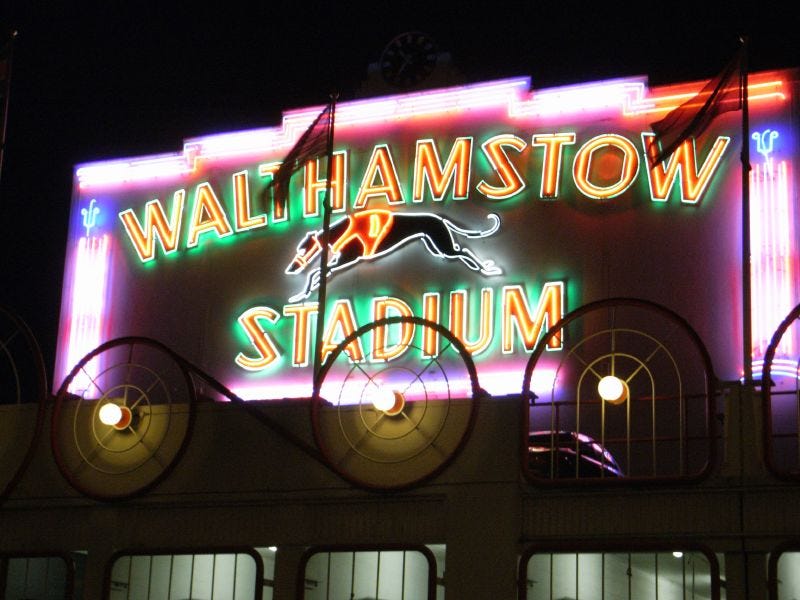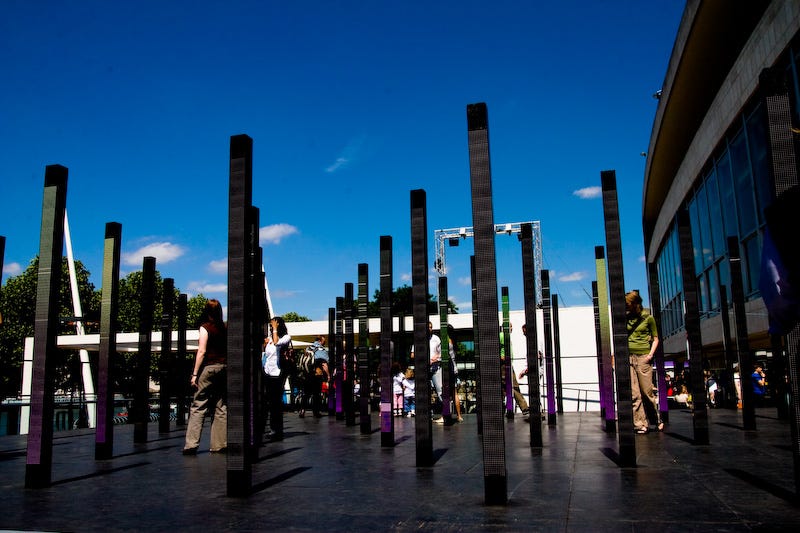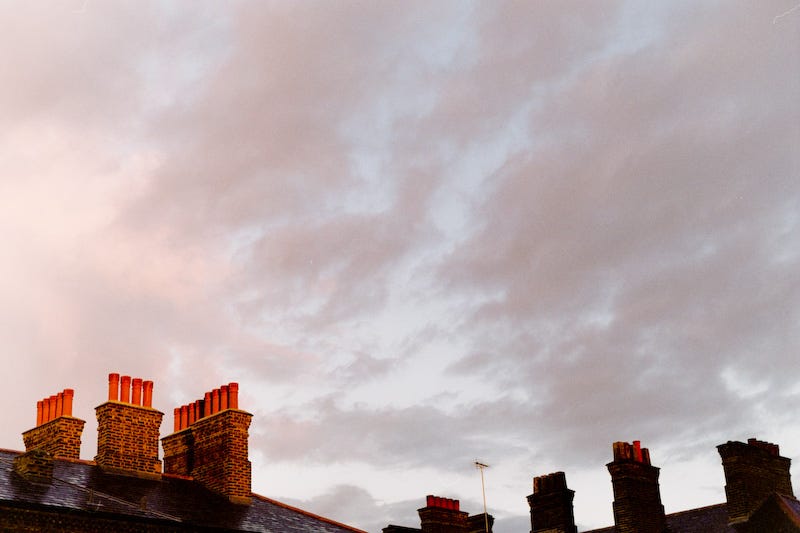Here
Today a lot of people are remembering the bomb attacks on London that took place ten years ago today, on July 7, 2005. I’m not sure what to think about the idea of organised ‘remembrance’. We choose to memorialise some things, and not others.
People have talked today of being scared on that day, or angry, or feeling bad today that they didn’t worry enough then about the fates of their friends or relatives. I don’t know about any of that. It’s not for me to decide how you should feel about anything. But I didn’t feel scared, or angry.
This rather irritating photo story suggests that Londoners were “brave” or “courageous” for returning to work after the bombs. That’s not true for those of us who weren’t directly affected. We just went back to doing our jobs and living our lives. It’s nothing to do with a “Blitz spirit” either. It’s just life. To suggest we were being brave is to insult real, actual bravery.
I arrived at my office at about 10am on July 7. By midday we’d decided there was no point staying, so I walked back to Waterloo station, through Charing Cross and across the Thames, in the sunshine. I thought as I walked about growing up in London in the 1980s and 1990s, when the IRA and others were attacking us regularly. I was here in 1992 when (take a look at the list), there was an attack a week. It was a weird time.
People talk about the glory of London being that it is “where we come to be something other than what we were before”. That is true, of course, and Ken Livingstone’s magnificent speech from Singapore on the day of the bombings, where he’d been celebrating London’s winning bid to host the Olympic games, remains a fine piece of rhetoric.
But that’s not what London means to me. I was born here, in a hospital near Hammersmith that’s now the office of a mobile phone company. I was baptised in Our Lady of Victories church in Kensington High Street, in what is now zone 1.
I was here when Blair Peach died, and when the Brixton riots erupted, and when Broadwater Farm was ablaze. I was here when the SAS stormed the Iranian embassy, and one of my earliest memories is of marching through Downing Street (in the days before the gates went up) on a Tamil solidarity protest in 1983.
In 2005 we won the Ashes for the first time in nearly 20 years. English cricket has been turbulent, to say the least, since then, but that’s what I remember of the summer of 2005. I was here, at The Oval, to watch as we thought we’d lose the match on the fifth day, before the sun broke through the clouds after lunch, both literally and metaphorically. Later, I watched Michael Vaughan lift that tiny trophy above his head.
Recently, a lot of people have been talking about leaving London. Again, it’s not my place to criticise anyone’s ‘life choices’. But when it’s wealthy white American ‘global citizens’ who have both the money and the passports that let them move wherever they like, I find it unseemly that they loudly trumpet the fact that London is no longer working for them and that they’re off.
“You lot,” they seem to be saying to us, “you don’t matter. I’m leaving, because I can. I took advantage of London while I wished to, and now I’m going elsewhere.”
I have no desire to leave the city of my birth.
More than anything, I’ve realised, my identity is: “Londoner”. As a brown-skinned person growing up in a white country, I never felt truly Asian, or European, or British or English. But London is the place for me.



